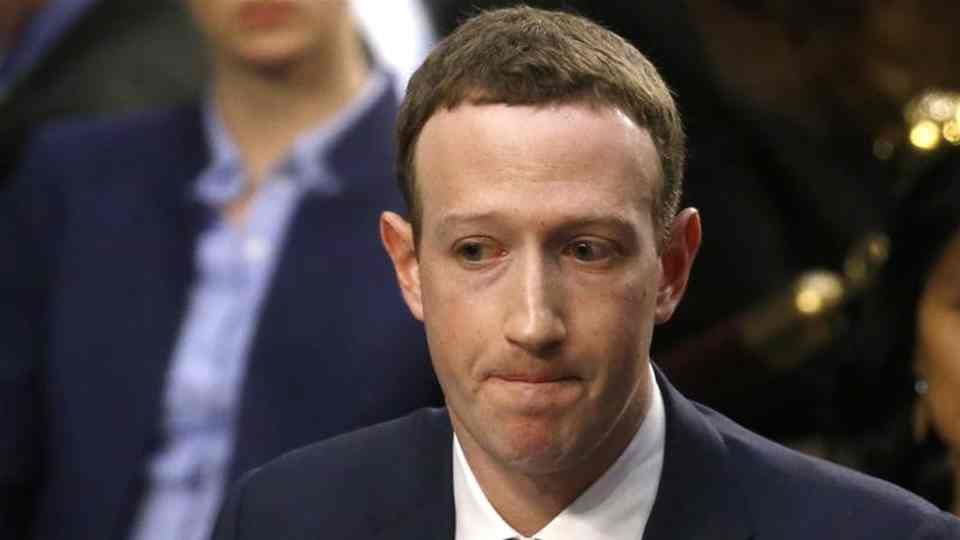Facebook is a social network monopoly that buys, copies, and kills competitors, U.S. Antitrust Committee finds

Back in October 2019, we told you about Facebook after the social giant came under investigation by 47 attorneys general for potential antitrust violations. At the time, the focus of the probe was on whether Facebook broke any state or federal laws as a result of any anti-competitive conduct related to its dominance of social media. However, attorneys general are not the only level of government looking into Facebook’s potential antitrust violations. During the same time, the U.S. Congress and the Department of Justice (DOJ) were also conducting their investigations.
Almost a year later, yesterday, the U.S. House Antitrust Subcommittee released its report titled, “The Third Way: Antitrust Enforcement in Big Tech.” The Subcommittee finds that Facebook wields monopoly powers in social network and has maintained its position by acquiring, copying, or killing its competitors, according to a report released by the subcommittee on Tuesday. The report serves as a response to the majority staff’s findings on the year-long Big Tech investigation conducted by the House Judiciary Subcommittee on Antitrust, Commercial, and Administrative Law.
“This report offers a third way forward that will ensure our antitrust regulators have the tools and resources they require to conduct proper oversight and bring effective antitrust enforcement cases,” the report reads. “It’s clear that the ball is in Congress’ court. Companies like Apple, Amazon, Google, and Facebook have acted anticompetitively. We need to rise to the occasion to offer the American people a solution that promotes free and fair competition and ensures the free market operates in a free and fair manner long into the future.”
The report further describes an exchange in which Mark Zuckerberg suggested to Instagram Co-founder Kevin Systrom that “refusing to enter into a partnership with Facebook, including an acquisition, would have consequences for Instagram.”
The report, which came from the Democratic majority staff, also addresses antitrust concerns regarding Amazon, Apple, Google parent company Alphabet, and recommends that Congress review a series of potential remedies. This includes “structural separation,” which could require the companies to split parts of their businesses. For instance, Facebook could be forced to divest or operationally separate the photo-sharing service Instagram and messaging app WhatsApp, both of which it acquired.
The report also recommends that Congress consider any acquisition by the big tech companies to be anticompetitive unless the companies can prove that the merger would be in the public’s benefit and could not be otherwise achieved.
Specific to Facebook, the report concluded “Facebook’s monopoly power is firmly entrenched and unlikely to be eroded by competitive pressure from new entrants or existing firms.” Facebook is entrenched as a monopoly due to its strong network effects, high switching costs for users, and the company’s significant data advantage.
Congressman Rep. Gaetz, a House Subcommittee member, stated:
“Today’s subcommittee report shows, with clear, convincing, and exhaustive evidence, that the Obama administration’s weak enforcement of antitrust laws allowed big tech companies like Google and Facebook to achieve near-monopoly status. These predatory companies have used their vast size to unfairly harm competition and consumers. This has had many negative effects, including the widespread censorship of conservative voices, which is only possible due to the sheer size and scale of these companies. While I do not agree with all of the legislative remedies proposed in the majority’s report, Rep. Ken Buck’s “Third Way” shows that there is a great deal of common ground that can be found. I look forward to working with my colleagues on both sides of the aisle to address these important antitrust issues, which affect all Americans, regardless of political orientation.”

